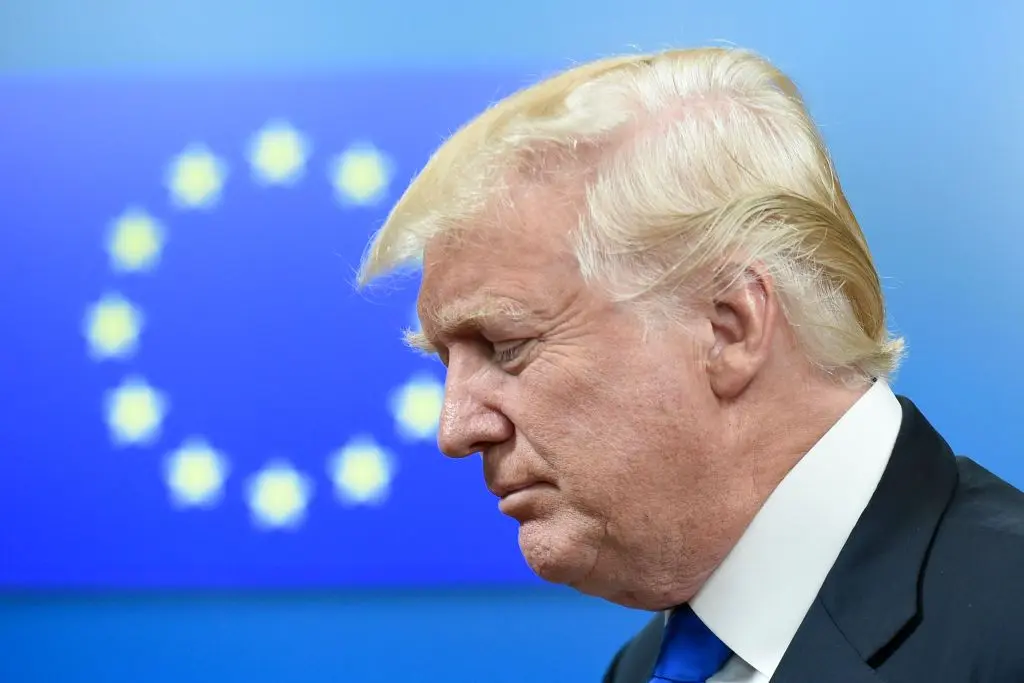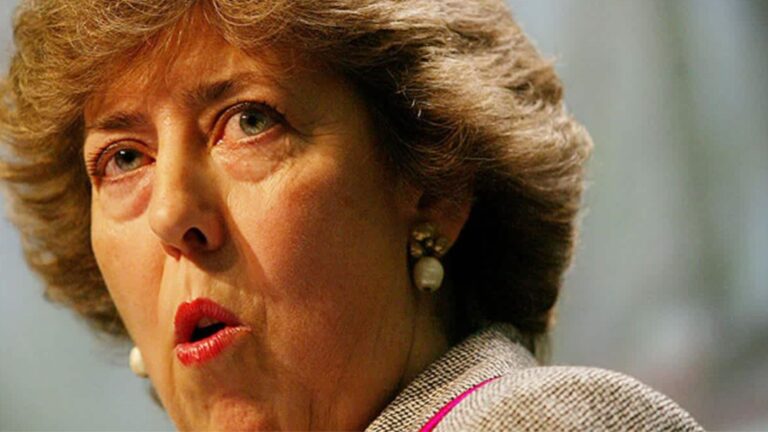
The Trump administration plans to phase out hundreds of millions of dollars in security assistance programs for European countries bordering Russia, marking a shift toward forcing NATO allies to shoulder more of their defense costs. Pentagon officials informed European diplomats last week that the U.S. would no longer fund military training and equipment programs for eastern European nations on the front lines of potential conflict with Russia.
The decision targets Section 333 funding, a program that authorizes the defense secretary to provide training and equipment to foreign security forces in areas including counterterrorism, cybersecurity, and maritime security. European countries received $1.6 billion from Section 333 between 2018 and 2022, representing nearly one-third of the program’s global spending. The Baltic states of Estonia, Latvia, and Lithuania have been the primary beneficiaries of this assistance.
European Allies Express Alarm
The cuts have triggered concern among NATO allies who view U.S. military support as essential deterrence against Russian aggression. “The Russians genuinely only care about American dollars, American troops and the American flag,” a European official told The Washington Post. European diplomats warned the move is “causing a lot of concern and uncertainty” and drew comparisons to the administration’s earlier decisions to slash international aid.
Lithuanian Defense Ministry official Vaidotas Urbelis confirmed that the Pentagon informed partners that funding would be eliminated for all European states beginning next fiscal year. Estonia’s Defense Minister Hanno Pevkur acknowledged that while the aid has symbolic value, it represents less than 5 percent of Estonia’s defense budget due to the country’s massive increase in military spending.
Congressional Opposition Emerges
Senate Foreign Relations Committee Ranking Member Jeanne Shaheen criticized the decision as “a misguided move that sends exactly the wrong signal as we try to force Putin to the negotiating table and deter Russian aggression”. Shaheen argued that cutting security assistance undermines NATO frontline allies and puts American troops at risk by reducing training for allied soldiers they would fight alongside.
More than 30 senators previously submitted legislation to Congress supporting $350 million in funding for the Baltic Security Initiative from 2026-2028, though the bill has not been approved. The Baltic Security Initiative, which began in 2020, provided $228 million to the three Baltic states in 2024, up from $225 million in 2023.
Strategic Shift Toward Burden-Sharing
A White House official stated the decision was “coordinated with European countries in line with the executive order and the president’s long-standing emphasis on ensuring Europe takes more responsibility for its own defense”. The cuts align with Trump’s broader push for NATO allies to increase defense spending, which resulted in a June agreement for members to spend 5 percent of GDP on defense.
Pentagon policy chief Elbridge Colby is leading efforts to redirect resources toward the Indo-Pacific to counter China, according to defense officials. The administration’s review of global force posture is expected to result in a smaller American military presence in Europe.
Despite the security assistance cuts, Trump assured Polish President Karol Nawrocki during a White House meeting that U.S. forces would remain in Poland and could potentially be increased. “If anything, we’ll put more there,” Trump said.
The funding cuts will not affect the separate Foreign Military Financing program, which helps countries purchase major weapons systems like jets and tanks. Currently authorized funds will remain available until September 2026.











Your article helped me a lot, is there any more related content? Thanks!
Thanks for sharing. I read many of your blog posts, cool, your blog is very good. https://accounts.binance.info/fr/register-person?ref=T7KCZASX